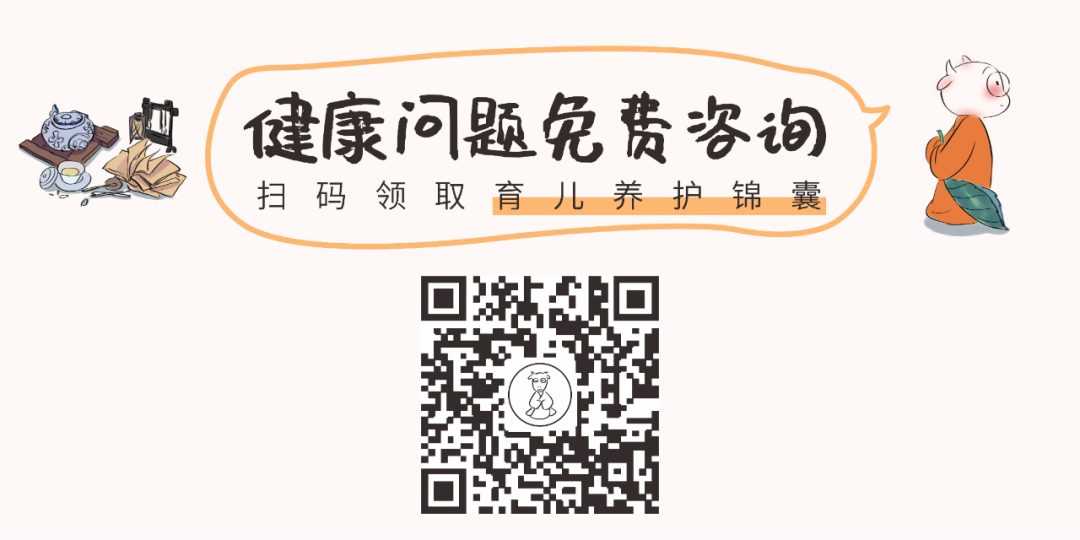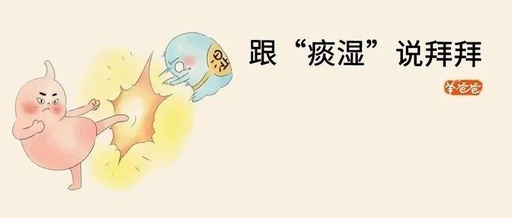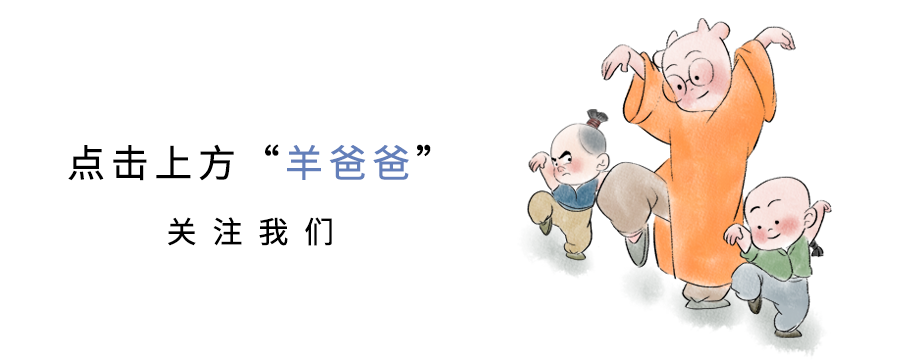
A few days ago, a patient came to my clinic. She said she always felt weak, lacking energy, and had little spirit, with scanty menstruation.“Is it because my Qi and blood are too deficient?” she asked me.After a thorough examination, it was clear that she indeed had Qi deficiency.However, she mentioned that she had previously tried taking some tonics for Qi and blood, as well as dietary therapy, but after taking them, she felt even more heat in her body.After several attempts, she became hesitant to tonify her Qi, feeling that she was “too deficient to be supplemented,” and that the more she supplemented, the worse it became.Indeed, there are many people who are deficient nowadays.However, those like her, who are both deficient and unable to absorb supplements, make up the vast majority. This is because most people’s condition is not only deficient but also obstructed.For example, this patient exhibited both Qi deficiency and phlegm-dampness:Her tongue was swollen and moist with teeth marks, but the coating was thick and white; her face lacked luster, but her body, especially below the abdomen, was noticeably bloated with accumulation; she had a poor appetite, was prone to abdominal distension, and often experienced constipation with sticky, unformed stools; she also had excessive phlegm and her hair was always oily.With heavy phlegm-dampness and poor circulation of Qi and blood, supplementing at this time would only become a burden for the body.If you happen to be someone with both phlegm-dampness and Qi deficiency, you should not blindly supplement Qi and blood; you must first perform a “cleansing” step.You should either clear the phlegm-dampness first and then supplement Qi, or simultaneously dispel dampness while supplementing Qi. Once the body’s waste is cleared and the pathways are unblocked, the nourishing energy can enter.
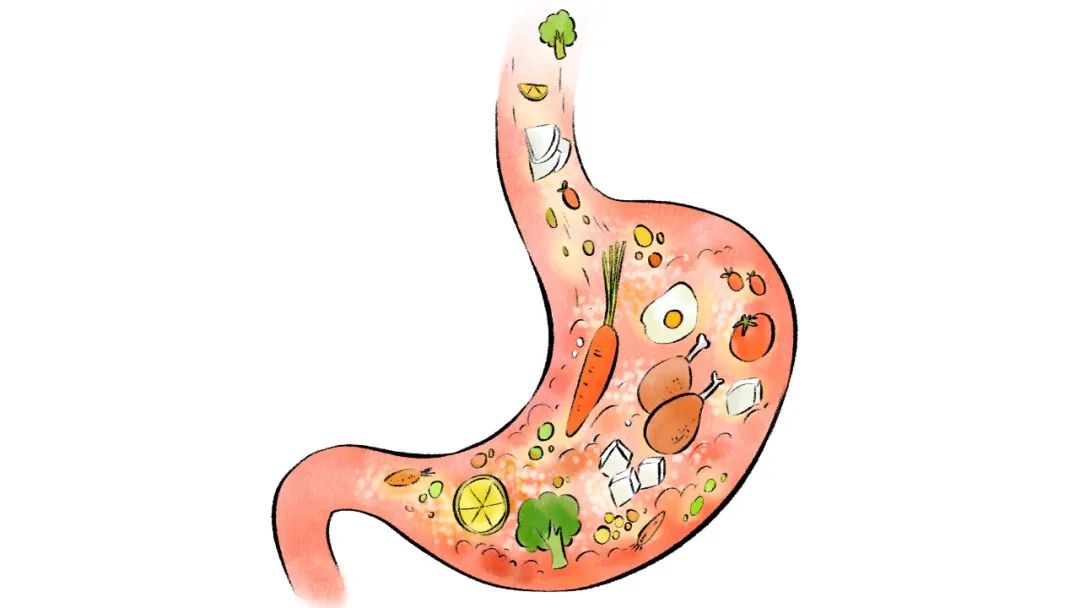
Since many friends have similar conditions, today I would like to recommend a few Chinese patent medicines to help those with phlegm-dampness and Qi deficiency improve their situation of being unable to absorb supplements, which only leads to further obstruction.Mu Xiang Shun Qi Wan (Aucklandia and Cyperus Pill)To help the Qi of the spleen and stomach flow smoothlySometimes, the reason for Qi deficiency is not necessarily a lack of Qi; it may be that the middle jiao is too obstructed, causing poor Qi circulation.At this time, we need to clear the dampness in the middle jiao to allow the Qi mechanism of the spleen and stomach to rise and fall smoothly. Once the middle jiao is unblocked, the Qi deficiency will also improve quickly.A clear sign of obstructed Qi is: bloating.The stomach always feels full, and only burping provides relief; sometimes there is nausea and discomfort, and food feels undigested, just sitting in the stomach.Many people’s spleen and stomach Qi obstruction is related to liver Qi stagnation:They may have a bad temper, easily get anxious, and when angry, their stomach feels uncomfortable, leading to loss of appetite, or their bowel movements become irregular with emotional fluctuations. These issues arise because the liver Qi, when stagnant, suppresses the spleen Qi.Therefore, we need to unblock the obstructed liver and spleen Qi, and for this, we use “Mu Xiang Shun Qi Wan.” Mu Xiang Shun Qi Wan primarily functions to move Qi and transform dampness, tonify the spleen and stomach.Key ingredients include Mu Xiang (Aucklandia) and Xiang Fu (Cyperus), which have the aromatic property that helps to disperse and unblock the obstructed Qi, allowing previously stagnant areas to start moving again. Other ingredients like Hou Po (Magnolia Bark), Qing Pi (Green Tangerine Peel), Chen Pi (Dried Tangerine Peel), Sha Ren (Amomum Fruit), Cang Zhu (Atractylodes), etc., also assist in dispelling dampness.This dual action of promoting Qi flow while clearing accumulated dampness enhances the effectiveness of the treatment.Suitable for:Those with bloating, poor digestion, and a feeling of obstruction in the stomach when angry. Typically, they have poor dietary habits, favoring high-sugar, high-fat, and high-protein foods, especially eating heavily at night without sufficient exercise. Their tongue is pale red with a thick white coating in the middle.Contraindications:This medicine is slightly warming; if there are clear signs of heat, such as dry mouth, dry throat, and bitter taste, it should not be used. If there is both accumulation and internal heat, one must first resolve the accumulation before addressing the heat, and only then can one supplement.Those with Qi stagnation and heavy dampness may experience burping and flatulence after taking Mu Xiang Shun Qi Wan, and those with previously irregular bowel movements may find them more regular.Remember, after unblocking the Qi, maintain a light and easily digestible diet, and pay attention to rest; the body’s energy will quickly recover.Xiang Sha Yang Wei Wan (Aucklandia and Amomum Stomach Nourishing Pill)Suitable for those with heavy cold-dampness in the middle jiaoWhen the cold-dampness in the middle jiao is heavy, the spleen and stomach’s ability to transform and generate Qi and blood is significantly weakened, leading to a series of deficiency symptoms such as Qi deficiency and blood deficiency.We need to resolve the cold-dampness in the middle jiao, and once the spleen and stomach have sufficient Yang Qi, their transforming function will recover, and Qi and blood will be sufficient.People with heavy cold-dampness in the middle jiao may often experience discomfort in the stomach, which may be a dull pain or bloating with acid reflux. Due to poor digestion, they often have a poor appetite, and if they are not careful with their diet, their stomach may feel uncomfortable. Eating cold or raw foods can easily lead to stomach pain. Their stools are often loose and unformed or constipated.Due to the weak transforming ability of the spleen and stomach, and since the spleen governs the four limbs, these individuals often lack motivation to exercise, feel lazy, and constantly fatigued.In this case, the recommended Chinese patent medicine is: Xiang Sha Yang Wei Wan.Its effects are to warm the middle, disperse cold, and relieve stomach pain. The formula consists of Mu Xiang (Aucklandia), Sha Ren (Amomum), Bai Zhu (White Atractylodes), Chen Pi (Dried Tangerine Peel), Fu Ling (Poria), Ban Xia (Pinellia), Cu Xiang Fu (Vinegar-processed Cyperus), Zhi Shi (Bitter Orange), Dou Kou (Cardamom), Jiang Hou Po (Ginger-processed Magnolia Bark), Guang Huo Xiang (Patchouli), Gan Cao (Licorice), Sheng Jiang (Fresh Ginger), and Da Zao (Jujube), which are all warming in nature, thus effectively transforming the cold-dampness and phlegm in the middle jiao while also promoting Qi and tonifying the spleen.Suitable for:Those who experience stomach pain from cold foods, have a tendency for a cool, bloated stomach, and poor digestion; those with poor appetite; and those who often feel fatigued in their limbs. Typical tongue presentation: pale red tongue with a white greasy coating.Contraindications:Those with heat in the middle jiao should avoid this, such as dry mouth, bitter taste, red tongue, and hard, foul-smelling stools; those with insufficient body fluids should also avoid it, indicated by a dry, thin tongue with cracks.Both Mu Xiang Shun Qi Wan and Xiang Sha Yang Wei Wan do not specifically target Qi supplementation; they primarily address phlegm-dampness.They focus more on resolving the obstruction in the middle jiao that leads to insufficient Qi. Among them, Mu Xiang Shun Qi Wan leans more towards Qi stagnation, while Xiang Sha Yang Wei Wan leans more towards cold-dampness and phlegm.
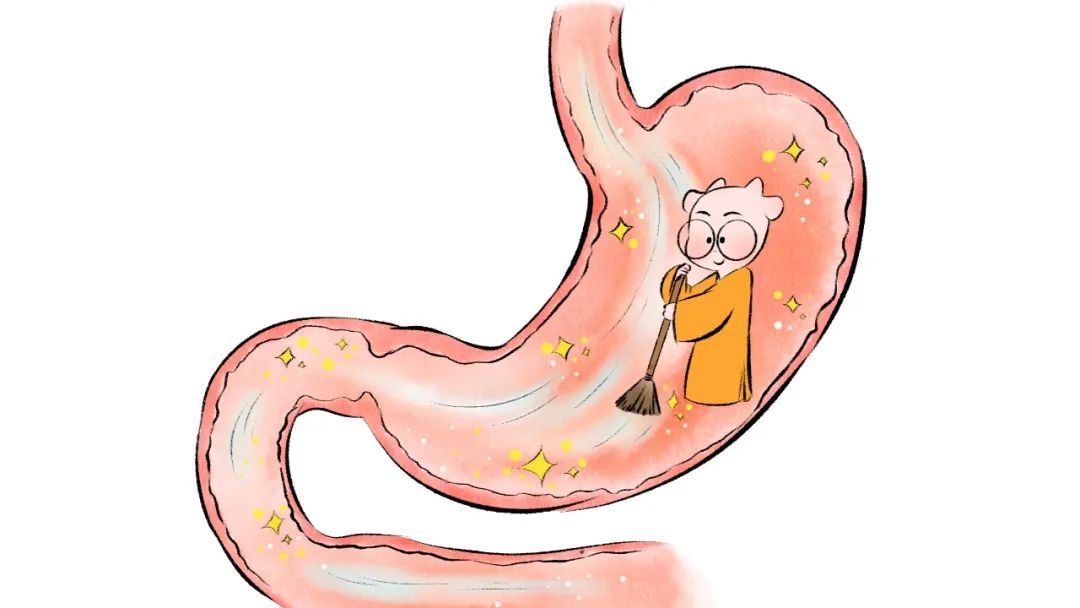
Shen Ling Bai Zhu Pian (Ginseng and Atractylodes Tablets)To dispel dampness and tonify the Qi of the spleen and stomachCompared to the first two, Shen Ling Bai Zhu Pian truly incorporates ingredients that supplement Qi.Therefore, this medicine should be taken when there are signs of spleen Qi deficiency and lung Qi deficiency:Feeling breathless after speaking a few sentences; often feeling weak and reluctant to move; the muscles feel soft and not firm; pale complexion;And there should also be symptoms of phlegm-dampness:Frequent phlegm production, especially thin white phlegm; stools are often loose and unformed; poor appetite with occasional abdominal discomfort.Typical tongue presentation: pale tongue with teeth marks and a white greasy coating.This medicine is characterized by its gentle nature, composed entirely of food-grade medicinal materials. It starts with Ren Shen (Ginseng), Bai Zhu (White Atractylodes), Fu Ling (Poria), and Gan Cao (Licorice), forming the Four Gentlemen Decoction, which promotes the transformation of the spleen and stomach. Fu Ling, Bai Bian Dou (Lima Bean), and Yi Yi Ren (Job’s Tears) can strengthen the spleen and drain dampness. Once the dampness is dispelled, a significant portion of the resistance to the spleen and stomach’s transformation is removed. For those with long-term internal dampness, simply dispelling dampness is not enough; one must also tonify the spleen and Qi. Shen Ling Bai Zhu Pian can tonify the spleen and Qi while dispelling dampness, effectively addressing the root cause of dampness.Many adults and children with spleen Qi deficiency and heavy dampness have shown noticeable improvements in complexion, formed stools, and firmer muscles after a period of adjustment with this medicine.Contraindications:Those experiencing heat symptoms, insufficient body fluids, or food stagnation should avoid this medicine.The above are several recommended Chinese patent medicines suitable for those with phlegm-dampness and Qi deficiency, most of which lean towards cold-dampness. Based on my observations, those with prolonged Qi deficiency often have more cold-dampness. Using the right Chinese patent medicines can lead to significant improvements in both Qi deficiency and cold-dampness conditions.What if there are obvious symptoms of damp-heat?Damp-heat is often closely related to one factor: diet. Most people’s damp-heat is caused by improper diet, creating an internal environment of damp-heat. Since there is both dampness and heat, supplementing Qi may not be your immediate concern.What you should focus on is:Maintain a light diet for a week, avoiding raw, greasy, and sweet foods, and minimize late-night eating. Try to sleep early and engage in moderate exercise to give your body time to clear internal waste.As long as you start taking care of your body in these ways, both your physical and mental health will improve, and sometimes you may not even need to consider medication.Author: Du Yang, Attending Physician. Gold Medal Doctor at Yang Baba TCM Clinic, specializing in common respiratory and digestive diseases in pediatrics, as well as common internal and gynecological diseases. Contracted author for Yang Baba, lecturer for Yang Baba Classroom, and recorded courses such as “Pediatric Moxibustion Course” and “Women’s Menstrual Care Course.”Yang Baba Health Exchange GroupOccasionally sharing valuable TCM knowledge▼▼▼Scan to join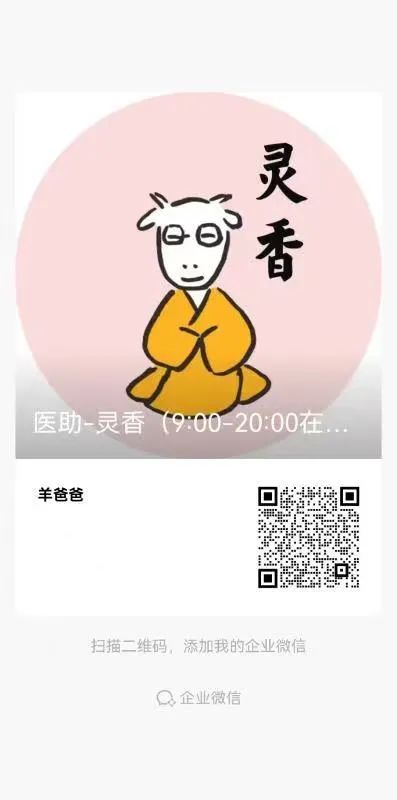 Text | Du YangEditor | Xiao YaIllustration | Mo Li HongProofreader | Ye Zi
Text | Du YangEditor | Xiao YaIllustration | Mo Li HongProofreader | Ye Zi